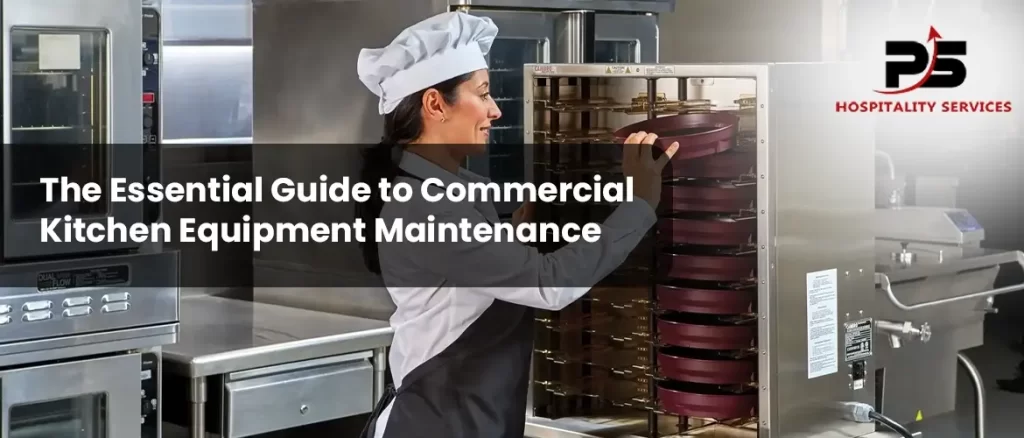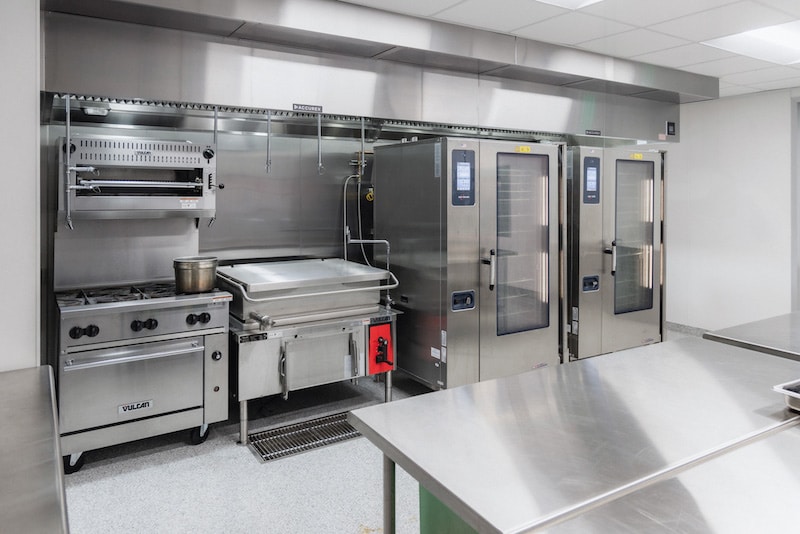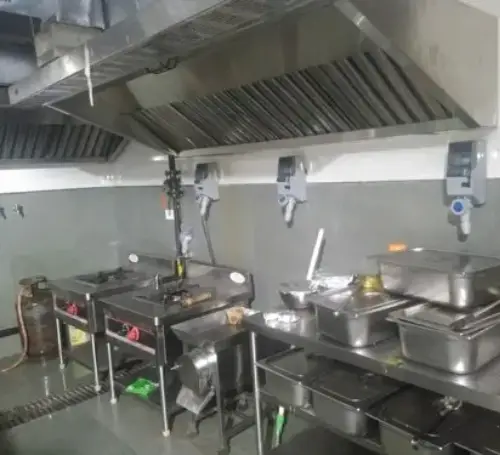Maintaining commercial kitchen equipment isn’t just about preserving functionality—it’s about safeguarding the heart of your operation. From the sizzle of the grill to the hum of the refrigerator, each appliance plays a crucial role in delivering top-notch culinary experiences. In this guide, we’ll dive into the why, what, and how of maintaining your commercial kitchen equipment to keep your kitchen running smoothly and your customers satisfied.
Why Maintenance Matters
-
1. Safety First
Regular maintenance ensures that your equipment operates safely, minimizing the risk of accidents and injuries for your staff and customers.
-
2. Cost Savings
Investing in preventive maintenance can help you avoid costly repairs and replacements down the line, saving you money in the long run.
-
3. Efficiency Boost
Well-maintained equipment operates more efficiently, reducing energy consumption and lowering utility bills.
-
4. Consistent Quality
Properly maintained appliances help you consistently deliver high-quality food, enhancing customer satisfaction and loyalty.
What to Maintain
-
1. Cleaning and Sanitization
Regularly clean and sanitize all surfaces, interiors, and components of your equipment to prevent contamination and ensure food safety.
-
2. Calibration
Calibrate thermostats, timers, and other controls to ensure accurate temperature settings and cooking times.
-
3. Inspection
Conduct routine inspections to identify signs of wear and tear, loose parts, leaks, or other issues that may require attention.
-
4. Lubrication
Keep moving parts well-lubricated to prevent friction and extend the lifespan of your equipment.
-
5. Filter Replacement
Replace air, water, and grease filters as recommended by the manufacturer to maintain optimal performance.
-
6. Ventilation Maintenance
Clean and inspect ventilation hoods, ducts, and fans to ensure proper airflow and exhaust function.
How to Maintain
-
1. Create a Maintenance Schedule
Develop a comprehensive maintenance schedule that outlines regular tasks, frequency, and responsible personnel.
-
2. Train Your Staff
Educate your staff on proper cleaning and maintenance procedures for each piece of equipment, and empower them to report any issues promptly.
-
3. Keep Records
Maintain detailed records of all maintenance activities, including dates, tasks performed, and any observations or repairs made.
-
4. Stay Proactive
Address any issues or abnormalities as soon as they arise, rather than waiting for them to escalate into larger problems.
-
5. Consider Professional Services
For complex equipment or specialized tasks, consider hiring professional technicians who are trained and certified to handle commercial kitchen equipment.
Conclusion
Regular maintenance is the lifeblood of any successful commercial kitchen operation. By prioritizing the care and upkeep of your equipment, you can ensure safety, efficiency, and consistency in your kitchen, ultimately leading to happier customers and a thriving business. So, roll up your sleeves, get your tools ready, and give your kitchen equipment the attention it deserves—it’ll thank you with years of reliable service and delicious meals.





